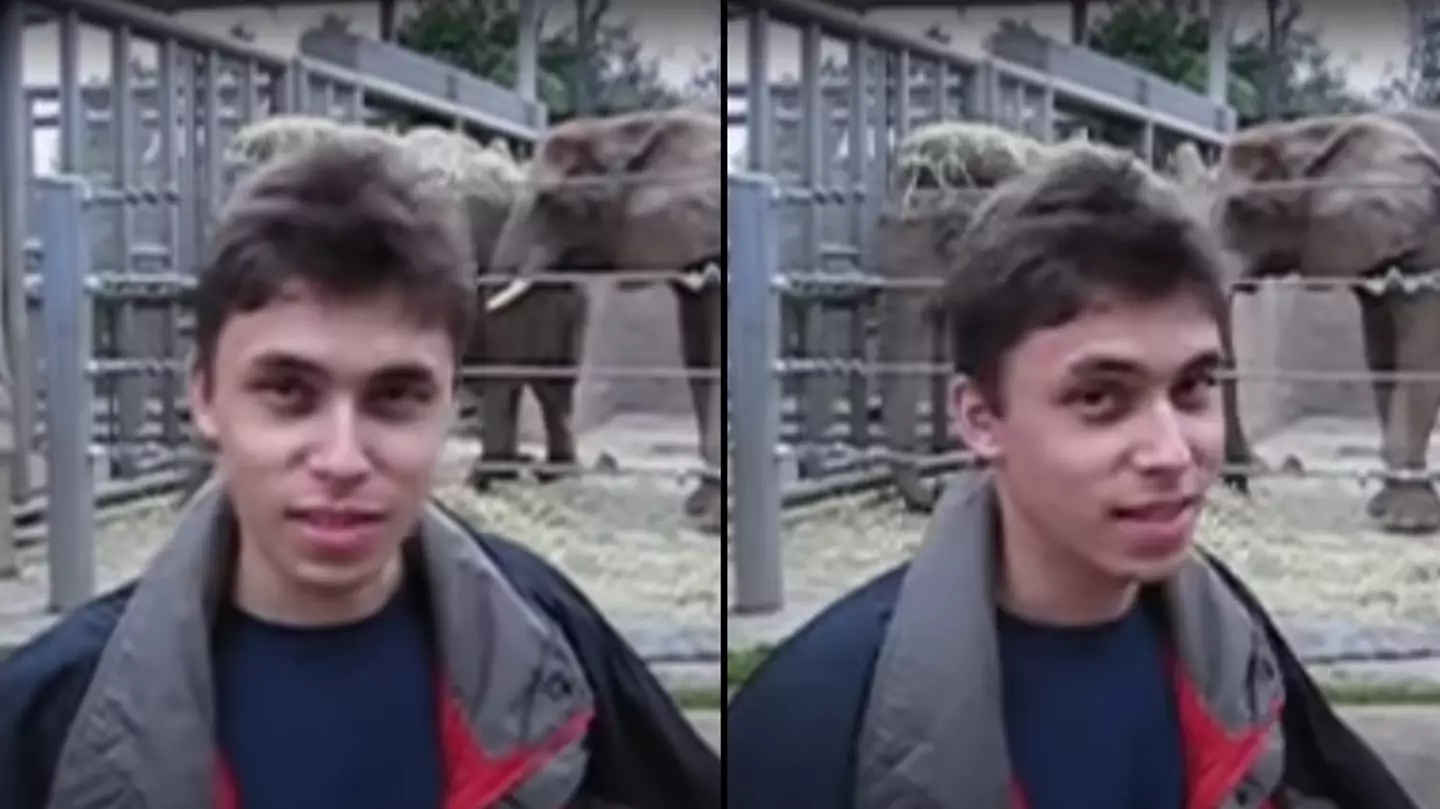
In a world where online content creation seems to be king, there's plenty of money to be made by sharing videos on the internet and it seems like everyone is cashing in on the craze.
You can't surf the web without having a host of beauty bloggers, true crime fanatics or amateur chefs pop up on your screen these days, but once upon a time there were hardly any videos of the sort out there for us to binge-watch.
That was until one lad unknowingly set off an extraordinary chain of events, after posting the first ever YouTube video which has subsequently made 'influencing' a lucrative career choice.
Take a look at this:
Advert
Hailed as the most visited website in the world after its parent company Google, YouTube has carved out a league of its own and is regarded as the most iconic video-sharing platforms we've ever seen.
Plenty of competitors in the tech space have tried to knock it off the top spot, but it seems as though billions of people have an unwavering loyalty to YouTube.
This is probably part of the reason why the first ever video to go on there has made an incredible amount of money since it was uploaded 19 years ago on 23 April, 2005.
Forget MrBeast or PewDiePie, as it was one of the site's co-founders, Jawed Karim, who changed the face of the internet forever - while also making a fair few quid in the process.
The US software engineer shared a 19-second clip documenting a trip to the zoo...which was aptly titled, 'Me at the Zoo'.

You'd be forgiven for thinking Karim offered up some awe-inspiring information about the animals he was observing, but he instead gave a rather awkward assessment of the elephants he was stood in front of.
The then 25-year-old, who was visiting the San Diego Zoo in California, said: "All right, so here we are in front of the elephants. The cool thing about these guys is that they have really, really, really long trunks...and that's cool.
"And that's pretty much all there is to say."
He must be kicking himself all these years later about what he chose to say, seing as though the video is immortalised in YouTube history forever, but I doubt he is too bothered after looking at what he earned from the clip.

The short video has been watched a whopping 321 million times over the years, while Karim also boasts a huge 4.7 million subscribers on his channel - which just has that single video on it.
According to the New York Times, the tech whizz never took a 'salary, benefits or even a formal title' from YouTube, but instead walked away with a whopping $64m in shares of the platform that is currently valued at a tidy $183 billion - which isn't half bad for less than 20 seconds of filming.
Karim's high school friend Yakov Lapitsky, who was a University of Delaware PhD student at the time, recorded the somewhat grainy footage for his pal.
While the contents of the clip may be forgettable, it was the ideal model for what YouTube hoped to become - a platform where people could share real moments from their own lives, whether it's interesting or otherwise.
Topics: Business, Money, Technology, US News, YouTube, Animals